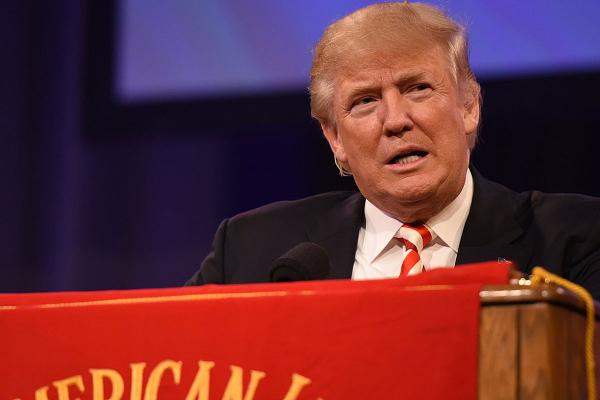
Veterans who want to pursue their education at last have a reason to smile, this is after President Donald Trump last Wednesday signed the expansion of veterans’ education benefits. The bill will boost and aid by $3 billion for over the next 10 years in addition to extending assistance to many veterans and dependents who had not qualified.
The President signed the bill – which was named the “Forever GI Bill” by those who had supported it. The signing took place at the President’s golf club in Bedminster, N.J. There was minimal fanfare and the president made no public remarks also there was no press. The Department of Veterans Affairs Secretary David Shulkin was present at the President’s side. Shulkin responded to some few questions after the signing, even though most questions revolved around last weekend’s events that involved violence that had erupted during a white nationalist rally which took place in Charlottesville, Va.
Lawmakers and veterans had supported the GI Bill expansion since it was introduced less than a month ago and passing it both in the House and Senate. The lawmakers described the bill as a “shining example” of bipartisanship.
The new law has been officially titled the Harry W. Colmery Veterans Educational Assistance Act of 2017, it was named after the past commander of the American Legion who had written about the GI Bill of Rights in 1944. Which happens to be a combination of 18 different bills.
The bill gets rid of the 15-year limit that veterans had to adhere to in order to tap into their education benefits. The previous restriction will cease to apply to veterans who had been discharged on or after Jan. 1, 2013, and also to the current and future service members. In addition to that the bill has plenty of provisions which take effect in August 2018
In the past, members of the National Guard and Reserve mobilized under Pentagon authorization codes Title 10, Section 12304, 12304a and 12304b, had been barred from earning GI Bill credit. The bill fixes hence allowing the service members and veterans who had been deployed under those orders since June 30, 2008, to claim their benefits.
The legislation provides tuition reimbursement to veterans whose academic institutions had been closed. The measure is applicable to the veterans affected by school closures that took place from Jan. 1, 2015, meaning thousands of students at for-profit ITT Technical Institute and Corinthian Colleges who had lost their GI Bill credit can have them restored.
From August 2019, veterans using the GI Bill in pursuing science, technology, engineering and mathematics degrees are eligible for an additional nine months of benefits to complete their degrees, up to an extra $30,000.
The VA had voiced concerns in July saying that it would take a reworking of the agency’s information technology for their automated system to recognize the changes in eligibility for benefits. Under the bill, the VA will be awarded $30 million to get its IT ready.
Veterans’ organizations had disagreed and objected the previous suggestion to pay for the expanded GI Bill by cutting down the new enlistees’ basic pay by $100 each month for a period of 24 months. Some organizations had named the suggestion as a “tax on troops.”



